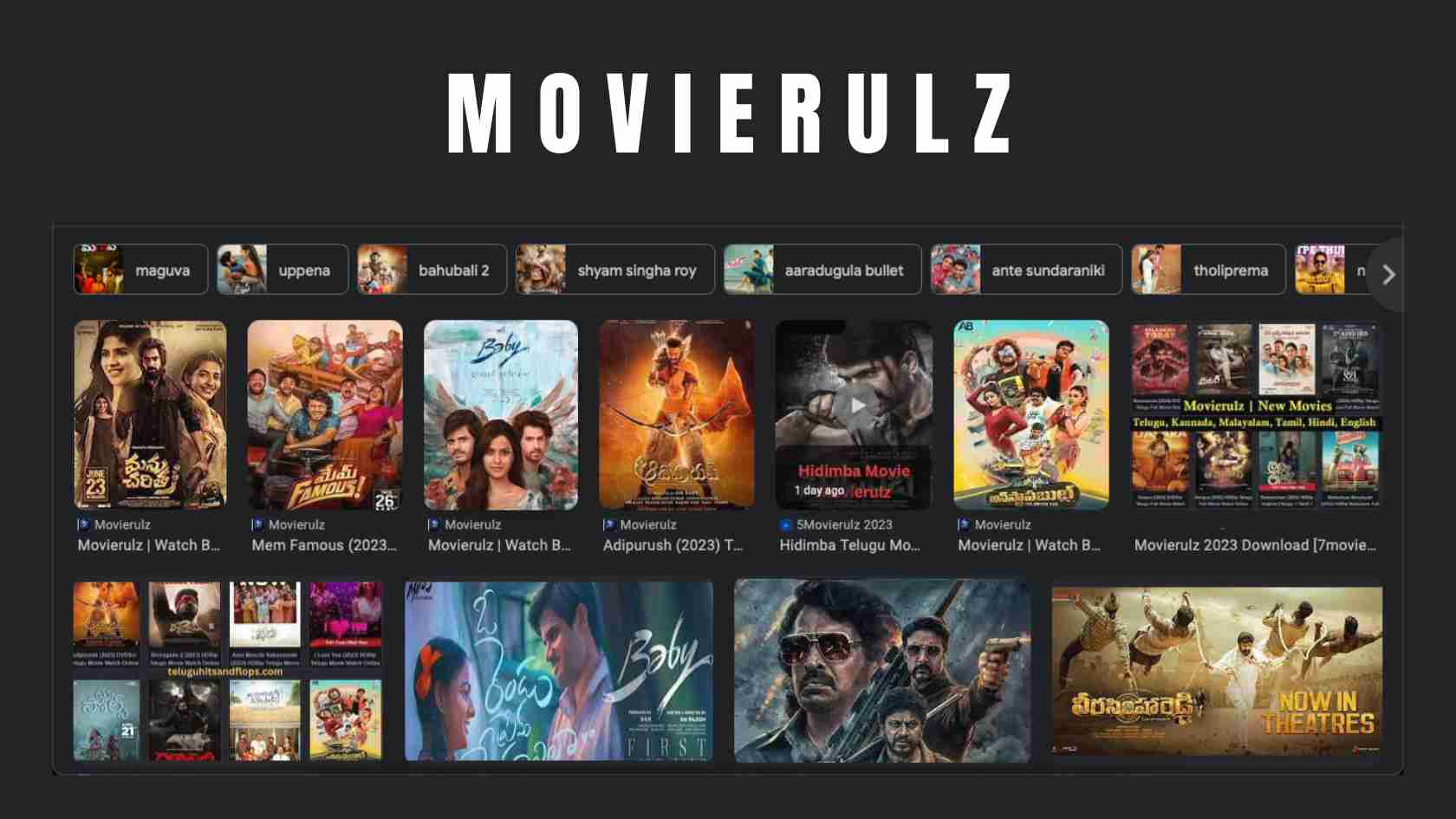Watch Latest Telugu, Tamil, & Hindi Movies Online On Movierulz
Is the future of entertainment truly free? The rise of online streaming platforms has undeniably shifted the landscape, but the allure of cost-free content persists, raising complex questions about legality, accessibility, and the very nature of artistic creation. The digital realm offers a vast ocean of movies, TV shows, and more, available at our fingertips. But this apparent bounty comes with a hidden cost, one that threatens the livelihoods of countless individuals involved in bringing these stories to life.
The proliferation of websites offering free access to copyrighted material has sparked a heated debate. Platforms like Movierulz, despite their popularity, operate in a legal gray area, often hosting pirated content. While Movierulz itself claims to merely aggregate links to external file hosts, absolving themselves of responsibility, the ethical implications remain. Users flock to these sites, drawn by the promise of free entertainment, often unaware of the legal ramifications and the damage inflicted upon the creative industries.
| Website Name | Movierulz |
| Content Type | Pirated Movies, TV Shows, Web Series |
| Languages | Telugu, Tamil, Kannada, Hindi, Malayalam, Bengali, English |
| Legal Status | Illegal in most jurisdictions due to copyright infringement |
| Impact on Film Industry | Significant financial losses due to lost revenue |
| Reference | Wikipedia: Copyright Infringement |
The convenience of accessing a vast library of films, from Bollywood blockbusters to Hollywood hits, with a simple click is undeniably appealing. Movierulz boasts a comprehensive collection, catering to diverse linguistic preferences, including Telugu, Tamil, Kannada, Hindi, and even Korean dramas. The platform seemingly keeps pace with current releases, promising "Movierulz 2025 latest HD Telugu, Kannada, Tamil South Indian movies," a claim that speaks to its ongoing operation and constant updates. This accessibility, coupled with the promise of high-quality streaming on various devices, from smartphones to PCs, explains its widespread appeal.
However, this ease of access comes at a steep price. Piracy undermines the very foundation of the film industry, depriving creators of their rightful earnings. Every illegal download translates to lost revenue, impacting not only major studios but also independent filmmakers and the countless individuals involved in production, from directors and actors to technicians and crew members. Furthermore, the legal risks associated with using such platforms are substantial. While users may believe they are immune to prosecution, downloading or streaming copyrighted material without permission can result in severe penalties.
The debate extends beyond Movierulz. Legitimate streaming services like Zee5 and theatrical experiences offered by chains like Regal Cinemas represent the alternative, a model where content is accessed legally, supporting the creative ecosystem. These platforms provide high-quality streaming and the opportunity to experience films as intended, on the big screen, contributing to the industry's sustainability. The choice between convenience and ethical consumption becomes increasingly stark. While the allure of free content is undeniable, the long-term consequences for the future of cinema are significant.
The quality of content available on piracy sites is often questionable. While Movierulz claims to offer "excellent quality at the smallest file size," the reality often falls short. Pirated movies may suffer from poor video and audio quality, incomplete versions, or intrusive advertisements. This compromised experience contrasts sharply with the curated offerings of legitimate streaming platforms and the immersive experience of a theatrical release. "Good direction, screenplay, storyline, comedy, acting, and music" deserve to be experienced in their intended format, not through a degraded, illegal copy.
The fight against piracy requires a multi-pronged approach. Legal action against websites like Movierulz, coupled with public awareness campaigns highlighting the ethical and economic implications of piracy, are crucial. Furthermore, the industry must continue to innovate, offering compelling and affordable alternatives that cater to the evolving needs of audiences. The future of entertainment hinges on a collective effort to protect creative endeavors and ensure that the stories we love continue to be told.
The digital age presents both challenges and opportunities for the film industry. While piracy poses a significant threat, the rise of legitimate streaming platforms and the enduring appeal of the cinematic experience offer hope. The choice, ultimately, lies with the consumer. Will we prioritize convenience over ethical considerations, or will we actively support the artists and creators who enrich our lives with their work? The answer will determine the future of entertainment.


